The Conrad Lab is lead by, Don Conrad, PhD, a world-renowned expert in genetics/genomics and the development of bioinformatics pipelines/platforms for the efficient assessment and management of genetic data.
A major emphasis of his current research includes defining the origins of mutation and the distribution of mutation frequencies that impact gametogenesis, fertilization, and pregnancy.
Don received his training at the University of Chicago and the Wellcome Trust Sanger Institute prior to joining Washington University in St. Louis, where he led a successful research group in the Department of Human Genetics. He joined the ONPRC in 2018 to lead the newly established Division of Genetics.

The Conrad lab boasts a diverse group of people from all over the world with a variety of scientific backgrounds. Click on a person’s image to find out more about what they do in the lab and where they came from.
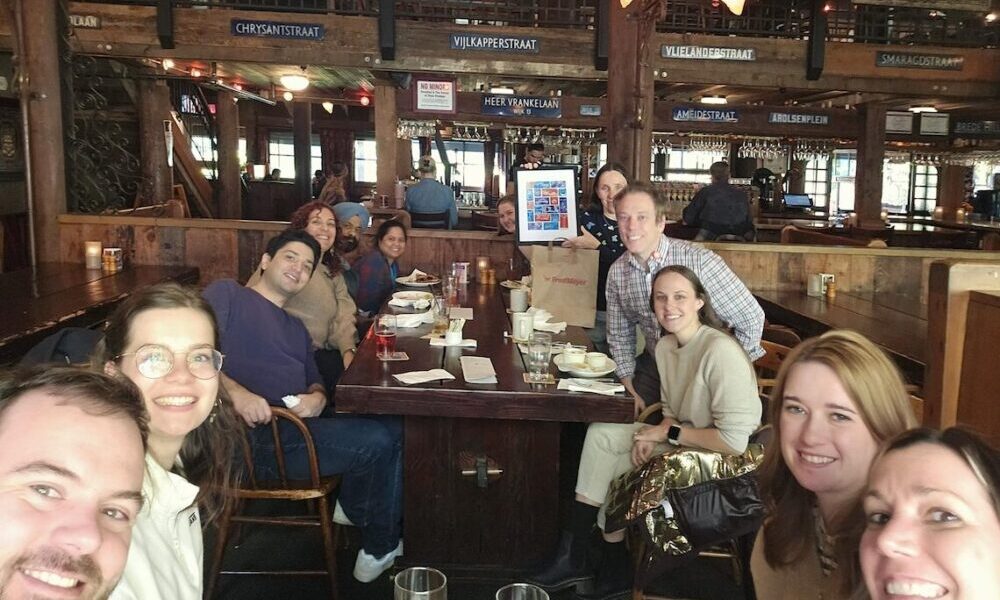
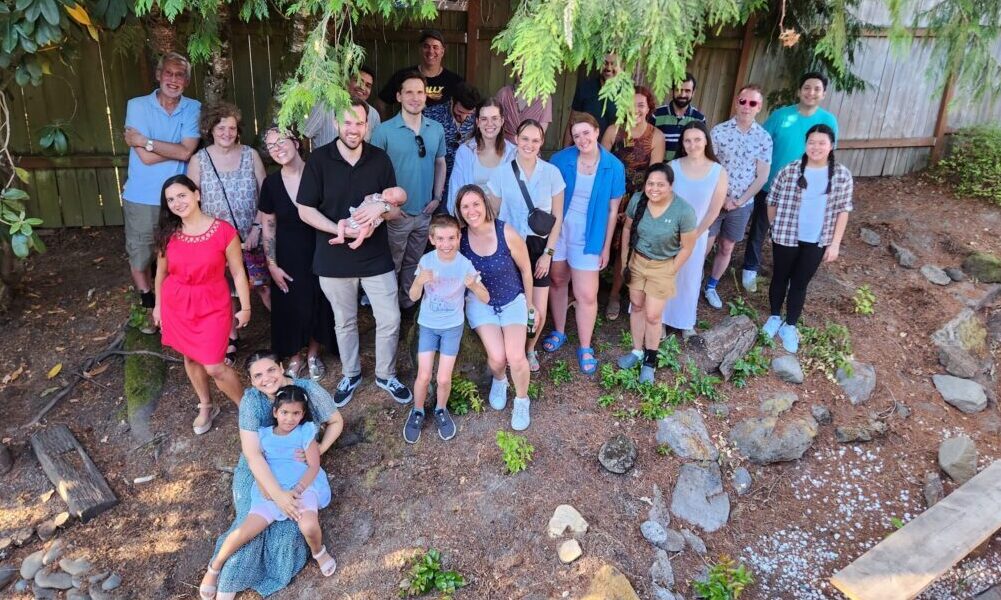
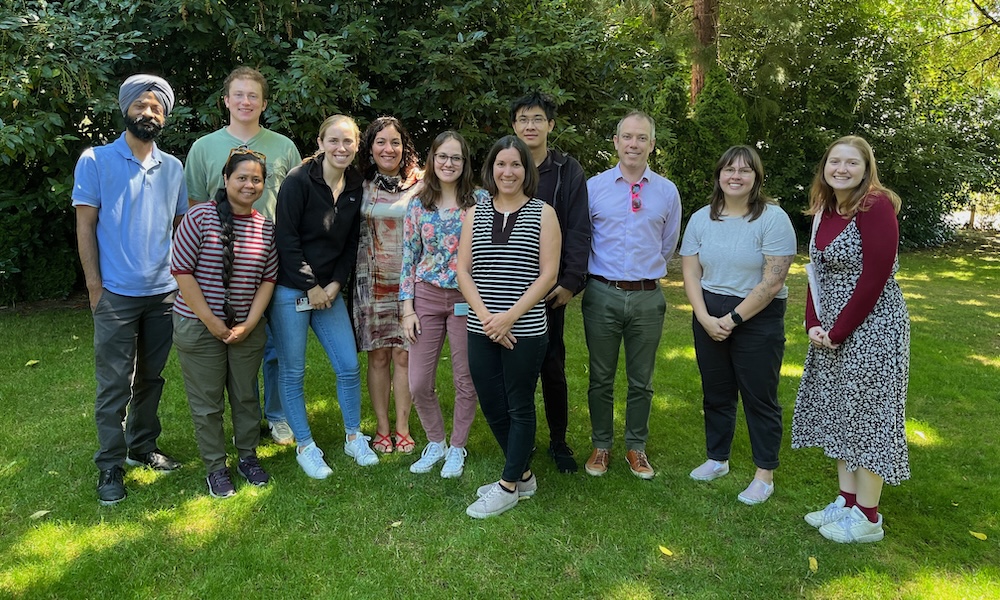

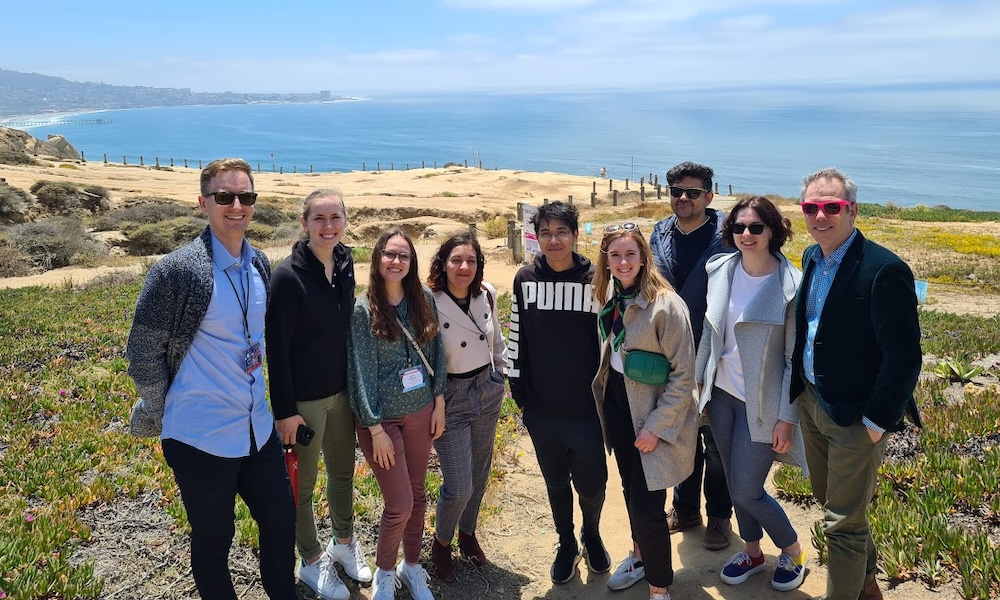
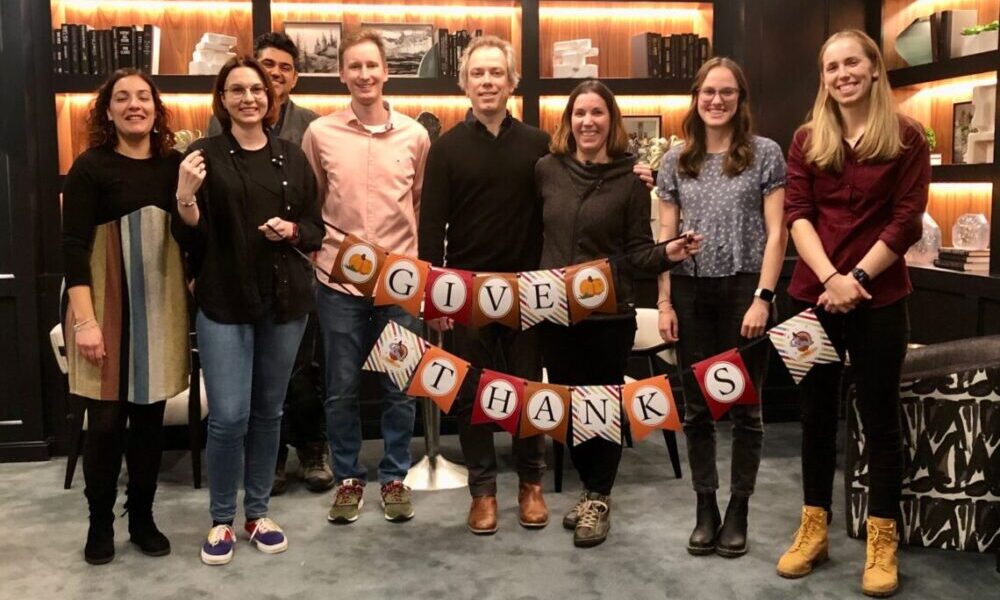
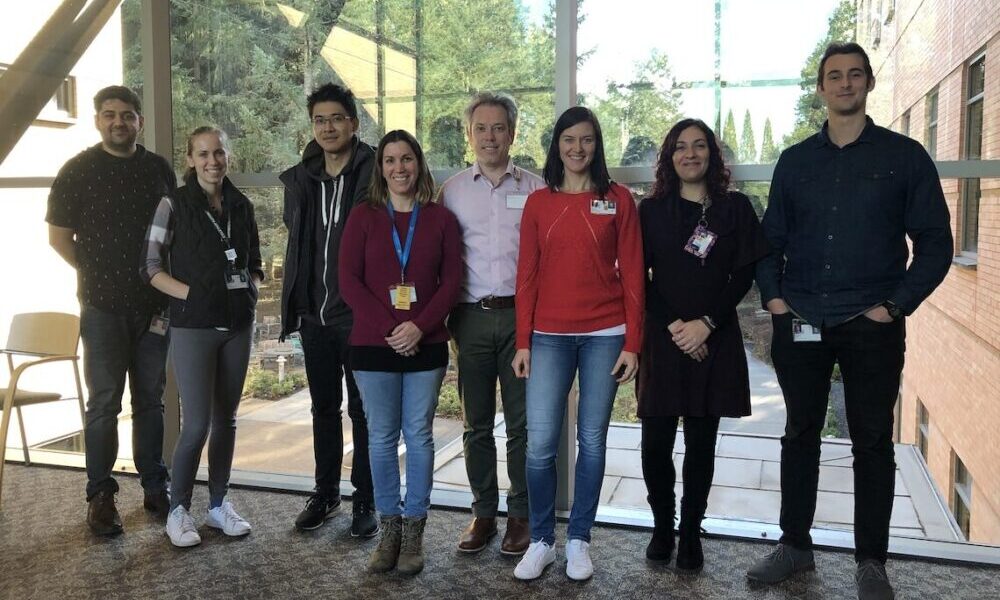
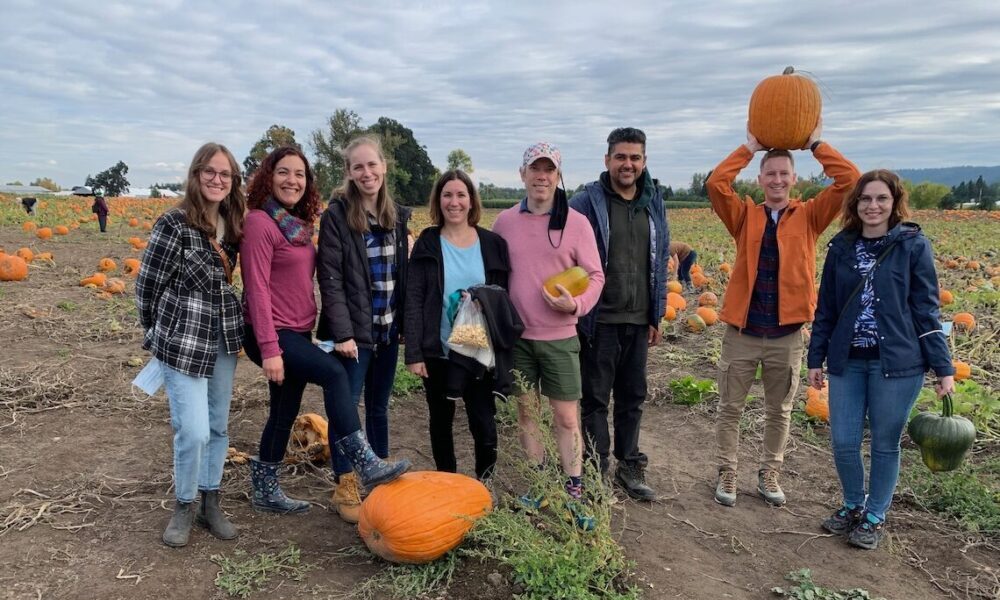
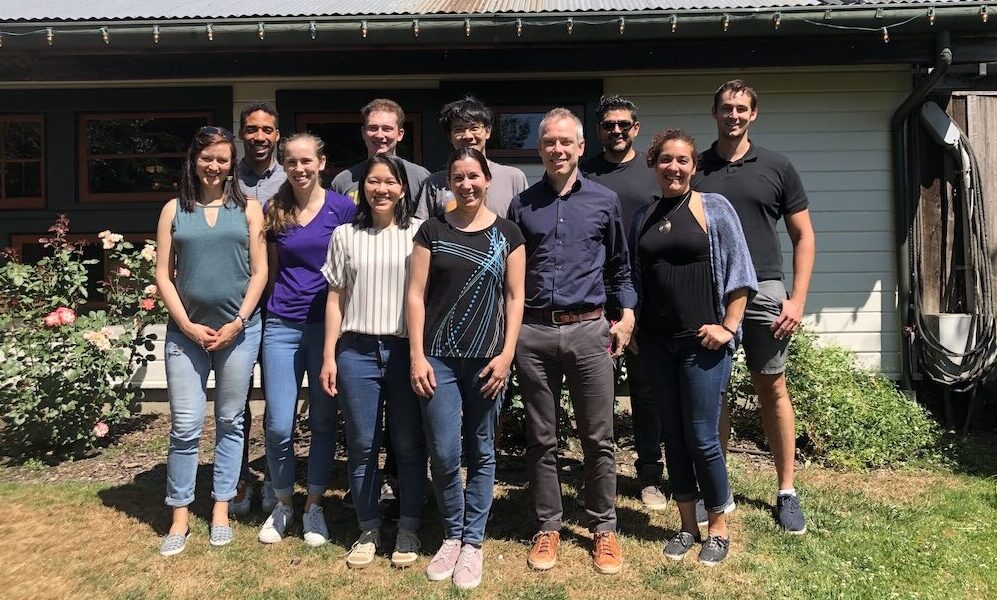
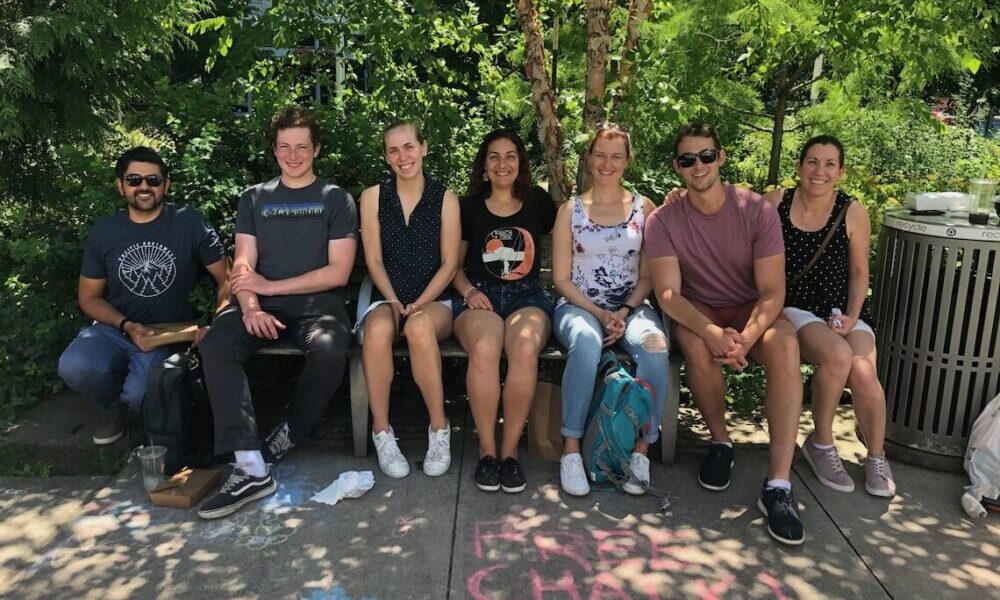
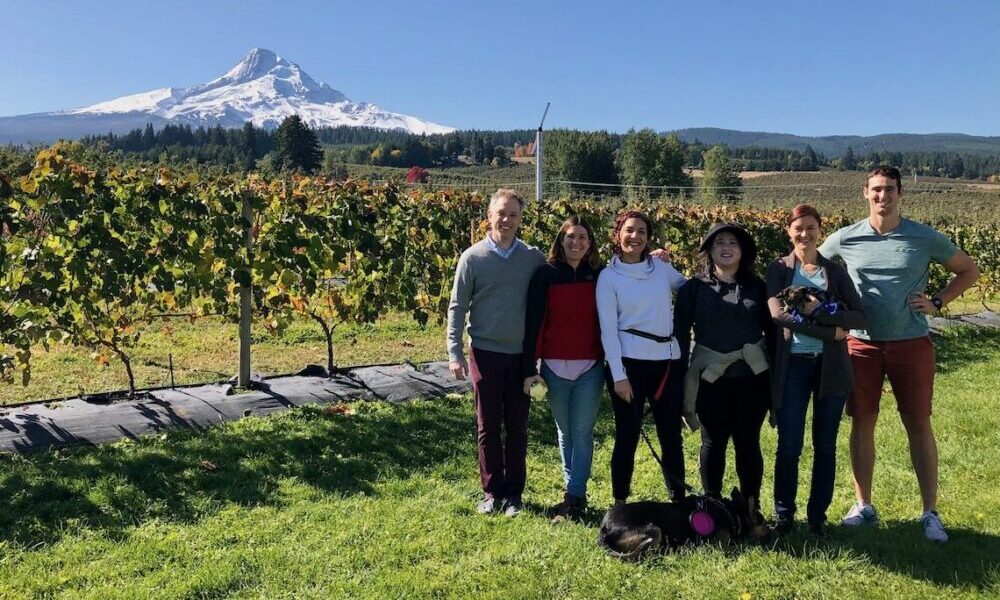
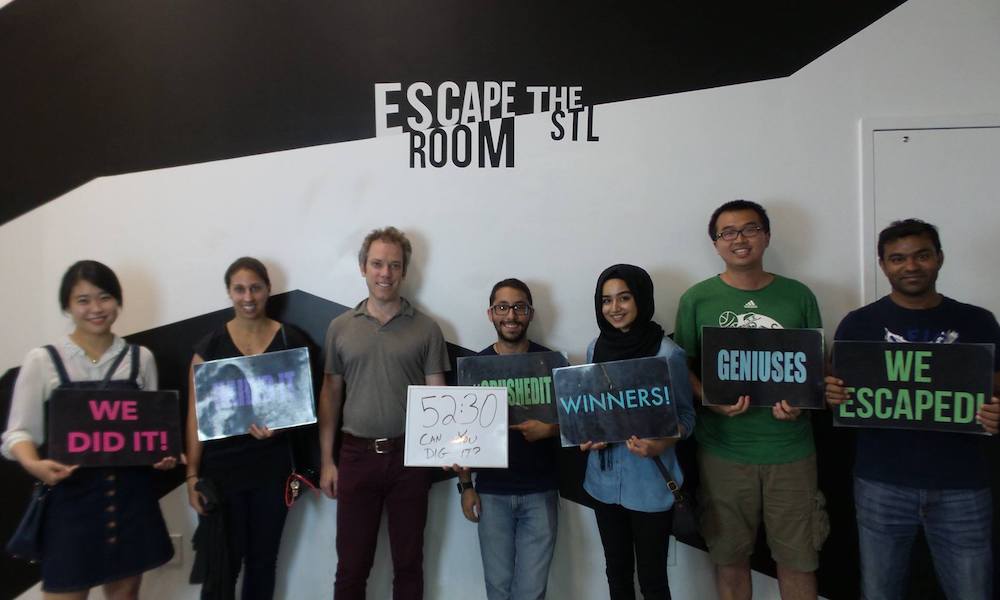
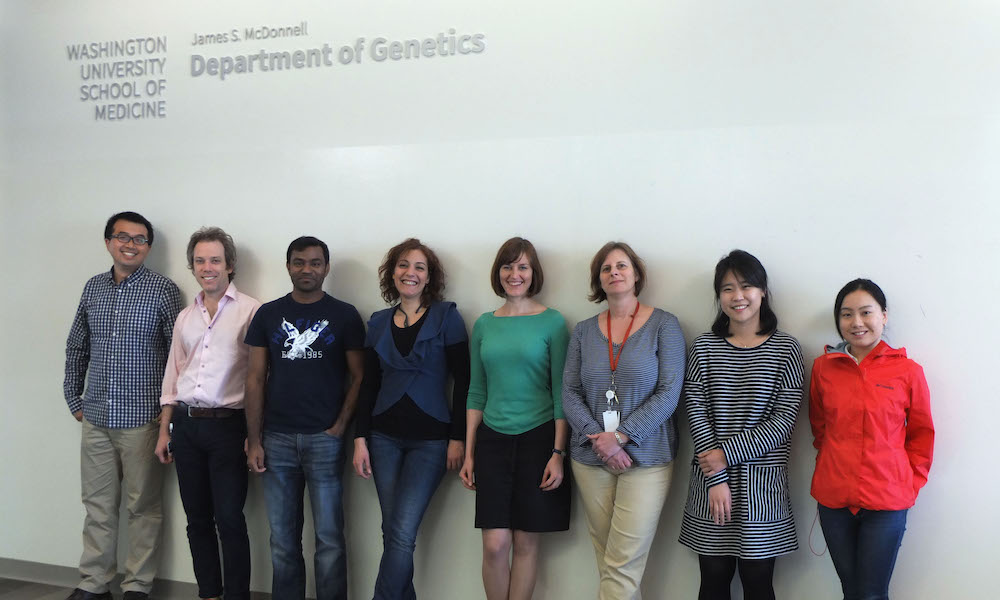
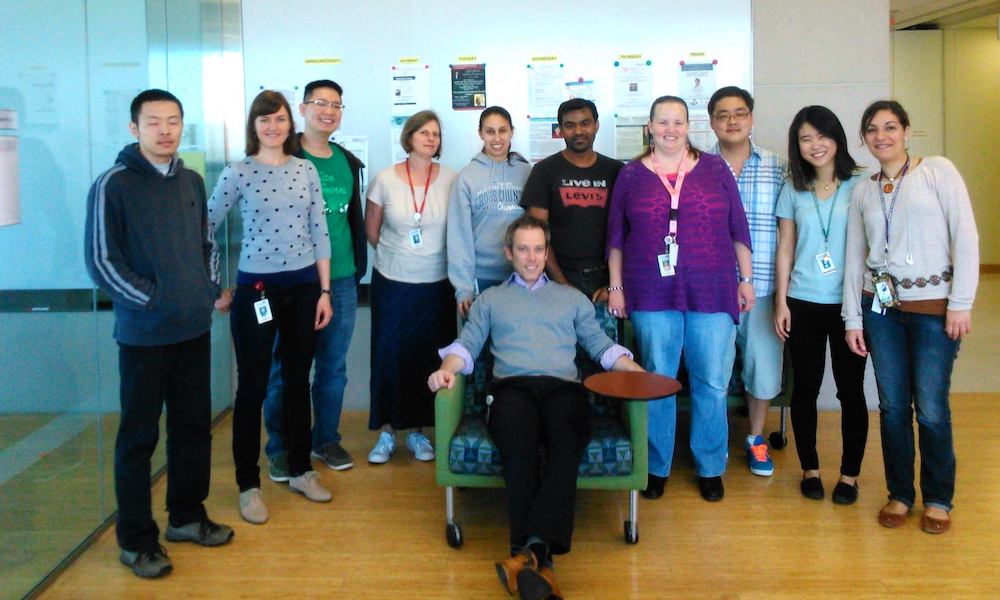
The Conrad Lab has over 50 alumni. Check out who they are, what their position was in the lab and where they went next.

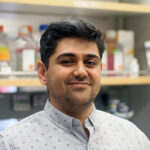


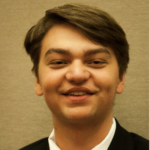








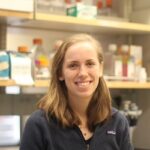
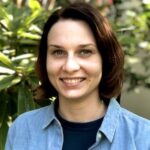



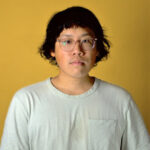
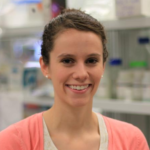

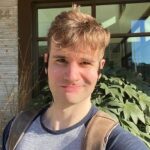

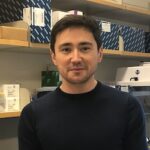

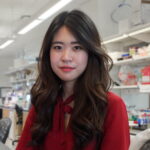
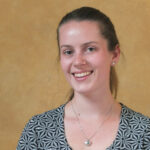
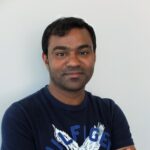

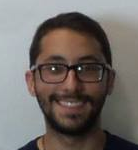






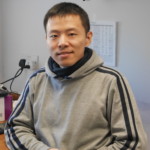
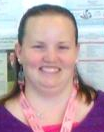




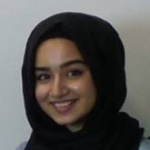

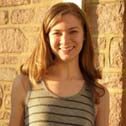

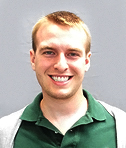
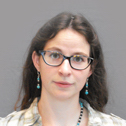



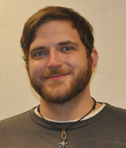

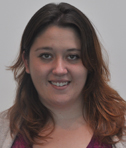


POSTDOC
Arvand joined the Conrad Lab in January 2023 as a postdoc. His research is focused on unravelling the genetics of the most severe forms of infertility through the use of high-throughput sequencing combined with cellular and mechanistic functional verifications based on the nature of the genetic mutation in question.
Arvand did his PhD at Azad University – Science and Research in Tehran, Iran. His thesis, which was a collaboration between his university, Royan Institute and Università Vita-Salute San Raffaele was titled “A whole-exome sequencing study of non-syndromic asthenozoospermia in infertile males of three consanguineous families”.
After his PhD, Arvand was a postdoc at Royan Institute during which he worked on the genomics of male and female infertility.
Outside of the lab, Arvand enjoys reading, walking, biking, discovering new places and exploring the beautiful nature of Portland area.
research Associate
Fritzie joined the Conrad lab as a Senior Research Associate in July 2022. Her research background utilizes fish models to study the roles of hormones and the effects of environmental stressors including endocrine disrupting chemicals on growth, reproduction, and stress response.
Fritzie is excited to venture into biomedical research, and she is currently contributing to the technical aspects of several projects in the Conrad lab as well as in the management of the wet lab. She is looking forward to characterize the normal function of the testis, as well as the effects of environmental and genetic causes of testicular dysfunction in mammals. She is also interested in the roles of stress and immune responses in pathology.
Fritzie completed her PhD in Bioresource Production Science (Aquaculture and Livestock Production- Fish Reproductive Physiology) in the laboratory of Prof. Takeshi Miura at Ehime University in Matsuyama, Japan. Her dissertation focused mainly on endocrine physiology, in which she studied the effects of arsenic and oxidative stress on spermatogenesis and the mechanism of their effects involving the antioxidant defense system in the testis using the Japanese eel (Anguilla japonica) as a model. The results of this research work provided insights into the molecular mechanisms of the tolerance of spermatogonia to oxidative stress.
She worked as a Research Specialist at the University of Hawaii in Honolulu where she led a research project in determining the long-term effects of early-life exposure to estrogenic endocrine disrupting chemicals on growth and reproductive physiology in tilapia. One of her major works also include characterizing the mechanisms associated with the endocrine control of growth and reproduction that may underlie sexual dimorphism using tilapia as a model.
Outside the lab, Fritzie loves photography, road trips, discovering new places, and fishing.
computational biologist
Helen joined the Conrad lab as a computational biologist in September 2021. Although her background is in geobiology, she is excited to apply the bioinformatic skills she learned from her research experiences to human and non-human primate genetic data and is contributing to several projects in the Conrad lab.
Helen received her Bachelor’s degree in Biology at Willamette University in 2020 where she did geomicrobiology research looking for novel Asgard Archaea in Oregon Coast sediment samples utilizing genomics and microscopy techniques. She then received her Master of Natural Science (Geological Sciences) at Arizona State University in August 2021 where her project focused on carbon utilization of deep sea marine microbes in hydrothermal vent systems. In this project, she utilized bioinformatic techniques to craft a data pipeline to analyze metagenomic and metatranscriptomic data to find inorganic carbon associated genes transcribed by microbes in these deep sea hydrothermal vents.
Helen also worked in the Genomics Unit at Rocky Mountain Laboratories, part of the NIH Intramural Research Program, in Hamilton, MT in 2015-2016.
Outside of the lab, Helen enjoys hiking with her dog, going to the coast, cooking, and reading.
research assistant
Jenna joined the Conrad Lab in May 2022 as a Research Assistant. She is working on the newly funded dGTEx project.
She received her B.S. in Biology from Pacific University where her thesis work was about dispersal methods and biodiversity of ciliates in the Pacific Northwest with Dr. Jon Schnorr. She previously worked as a lab technician in a microbiology lab where they tested food products for harmful microorganisms in accordance to the FDA.
Outside of the lab, Jenna is an avid plant hobbyist and loves to garden and do anything crafty.
research assistant
Madison joined the Conrad Lab as an intern in March 2021. Since then, she has worked on projects such as GEMINI and SATINN, helping with data processing and image analysis.
She received her B.A. in Biology from Reed College in 2023 after completing her undergraduate thesis. Under the guidance of both Dr. Conrad and Dr. Sarah Schaack, Reed College, Madison wrote her thesis on the effects of the epigenetic modifier protein PRDM9 on repeat genomic regions. She is excited to continue growing her knowledge and furthering her love for scientific research as a Research Assistant
Outside of the lab, she loves to cook, bake, and play with her (or other people’s) dogs.
project manager
Phil joined the Conrad Lab as the Project Manager for the Marmoset Coordinating Center (MCC) in July 2022. She is also Project Manager for ONPRC’s ART Core (Assisted Reproductive Technology) and OPERM (Oregon Permanent Contraception Research Center).
Phil received her BA in Biology from Carleton College and her PhD in Neuroscience from Georgetown University (Dr. Jean Wrathall) where her research focused on plasticity in the spinal cord as related to urinary tract function after spinal cord injury. She then joined OHSU as a postdoctoral fellow working on stroke and neuroprotection (Dr. Mary Stenzel-Poore) before working as a scientist and project manager for an IND-stage biotherapeutics company in the Bay Area.
Outside of work, Phil enjoys eating and cooking, traveling, playing tennis, and spending time with her human and canine family members.
Graduate Student
Caitlin joined the Conrad Lab in April 2022 as a graduate student.
In the Conrad lab, she’ll be working on computational biology, mostly on the GEMINI project with the Phase I and II “hit” gene variant lists. She is currently learning to code!
Caitlin received her bachelor’s degree in human biology at the University of Montana in Missoula, MT. She then spent four years at the University of California, San Francisco studying genetic predisposition to non-alcoholic fatty liver disease in a stem cell model. She received her master’s degree in cell and molecular biology, emphasizing stem cell biology at San Francisco State University. Her thesis work involved CRISPR/Cas9 screening of genes perturbing lipid metabolism homeostasis in a stem-cell-derived liver model.
Outside of the lab, Caitlin loves to hang out with her partner and her kitty. She likes to watch YouTube cooking videos and have dinner parties, do DIY projects, thrift for fun clothes, swim, and binge-read novels.
postdoc
Antoni joined the Conrad Lab as a postdoctoral researcher in May 2023. His research interests primarily focus on deciphering the genetic causes of male infertility and their potential role in comorbidities. In the Conrad Lab, he will be working within the GEMINI project.
Antoni received his PhD from the University of Florence in 2017 and went on to pursue a postdoctoral fellowship at Fundació Puigvert in Barcelona. During his PhD and postdoctoral work, he focused on the discovery of novel genetic causes of non-obstructive azoospermia and testicular cancer by utilizing high-throughput approaches, including array-CGH and exome sequencing.
When he’s not in the lab, Antoni enjoys exploring new places, discovering local restaurants, cooking, hiking, visiting wineries, and spending quality time with his loved ones.
Affiliated Research Faculty
Tora is a Research Associate Professor in the Division of Reproductive & Developmental Sciences at ONPRC and is a close collaborator of the Conrad Lab. She is a placenta nerd! The placenta is a remarkable organ that supports the growth and development of the fetus while also growing itself. Regulation of function needs to be tightly controlled to ensure a healthy outcome for both mother and baby. During her studies and early career, Tora worked with human samples and since the start of 2009, she has been at the ONPRC utilizing pregnant nonhuman primate (NHP) models. She is a rare find in science, a researcher who has never used a rodent model!
Tora got involved in with the Conrad Lab in April 2022 as the Program Manager for the NHP dGTEx (developmental genotype tissue expression) consortium. Her experience with pregnant NHPs is an excellent fit in running this project which will build a large unique tissue and genomic data resource from both old and new world monkey species. Tora is especially excited about obtaining early gestation placenta samples which she will utilize to develop a 3-dimensional trophoblast organoid model system from the rhesus macaque.
Tora obtained her PhD in placental physiology from the University of Manchester, UK in 2004. Her research focused on the role of purinergic receptors in placental homeostasis and she gained a lot of experience in using primary cells as an in vitro model system. After obtaining her PhD, she moved to the University of Cincinnati, OH where she completed a 4-year postdoc from 2004 – 2008. During that time, she continued to investigate regulation of placental function, and expanded her interests to mechanistic studies of what goes wrong in compromised pregnancies.
Outside of the lab, Tora loves to bake! She also enjoys reading and swimming but much of her free time involves soccer – mostly cheering from the sidelines! When she eventually retires her lab coat, she’d like to run a dog rescue.
Computational Biologist
Murillo joined the Conrad Lab in April 2024 as a Computational Biologist. He is interested in understanding what genomic data can tell us about past evolutionary processes and events. His work spans computational methods development to empirical analysis of genetic variation in space and over time. He is an open-source software advocate and a developer of evolutionary simulation tools, such as stdpopsim and tskit.
Murillo got his PhD at the University of Oregon, where he worked with Andrew Kern and Peter Ralph on simulation-based inference in population genetics and methods development.
In his Master’s, he studied the genetics of adaptation of fruit flies to temperate climates at tje University of São Paulo, Brazil.
Outside of the lab, Murillo enjoys cooking, spending time with his partner and cats and exploring the beautiful outdoors of Oregon!
Lab Manager & Graphic Designer
Katinka joined the Conrad Lab as the lab manager in October 2018.
In addition to her lab administrative duties, she is responsible for scientific communications and graphic design.
Katinka received her PhD from the University of Chicago in human genetics, working in the laboratory of Dr. Daphne Preuss. For her thesis she developed an allergen microarray for high dimensional phenotyping and used these data to study the genetic basis of pollen allergy. Katinka has worked in both industry (Abcam) and academia (WUSM) in marketing and communications positions.
Outside of work, Katinka enjoys exploring the beautiful outdoors of Oregon and DIY-ing.